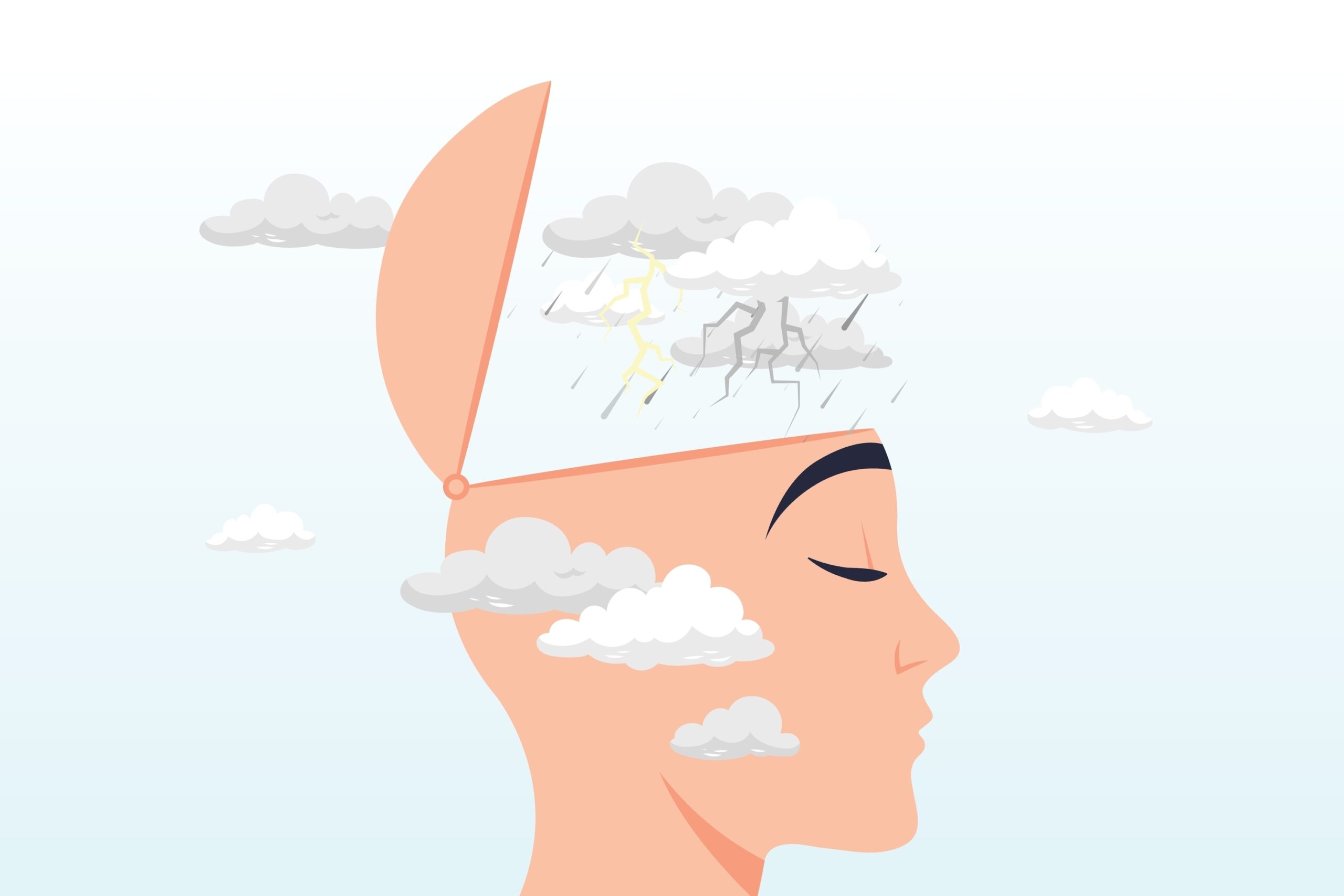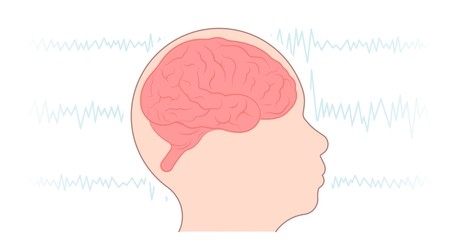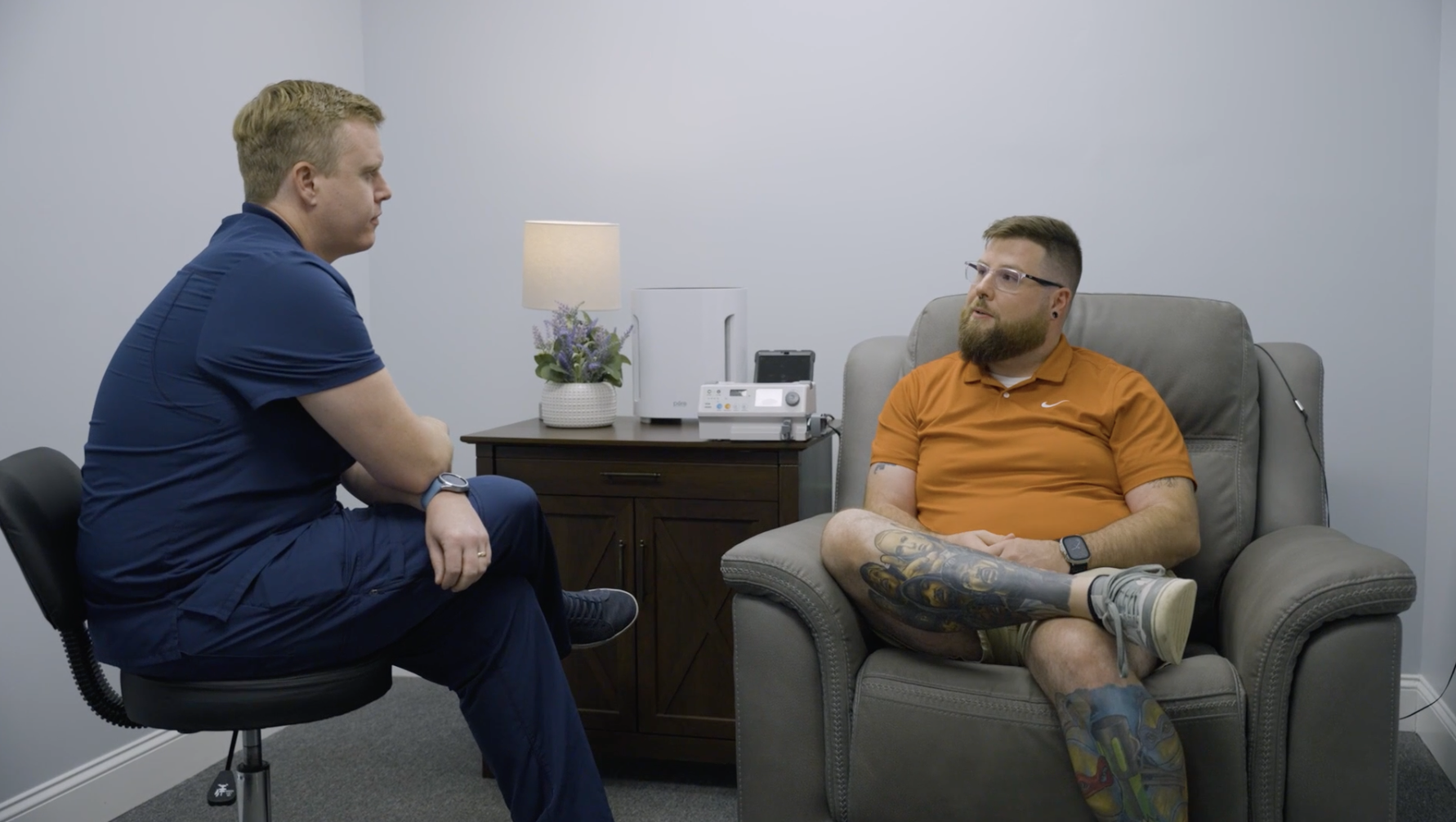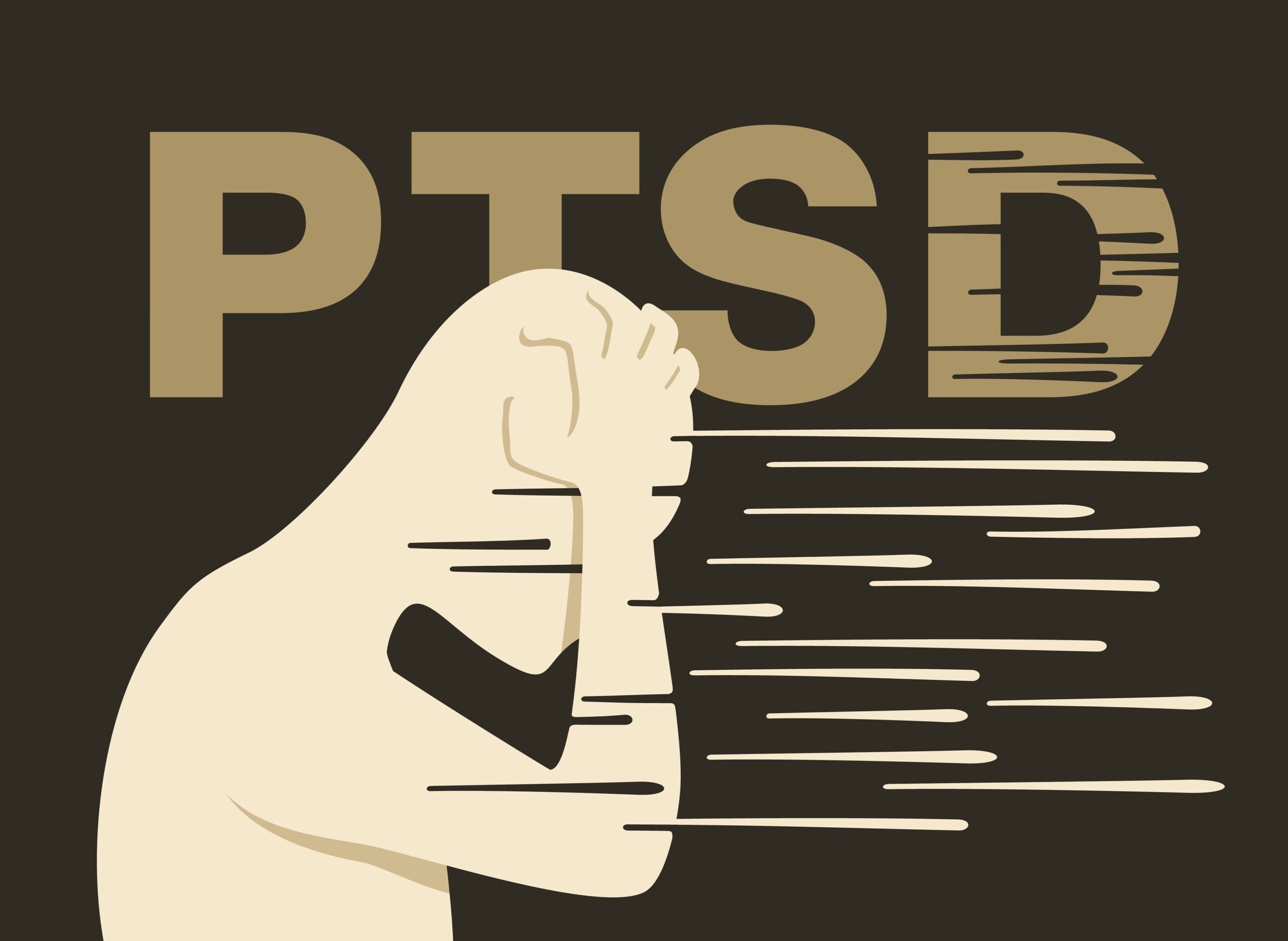Understanding Complex PTSD: Signs, Root Causes, and How to Heal with Scenic City Neurotherapy
By Charles Miller, CRNA, CMO, Founder/Owner of Scenic City Neurotherapy
When most people hear “PTSD,” they often picture a single traumatic event such as a car accident or combat experience. But Complex PTSD (C-PTSD) is different. It’s a deep, often misunderstood condition that affects those who’ve faced prolonged or repeated trauma. At Scenic City Neurotherapy, we see how complex and varied this condition can be, and why understanding it fully matters for healing.
What Is Complex PTSD?
Complex PTSD arises not from a one-time trauma but from ongoing or repeated trauma over months or years. This can include experiences such as childhood abuse, domestic violence, or captivity, as well as chronic emotional neglect, growing up in an unpredictable or unsafe home environment, persistent bullying, or ongoing workplace harassment. These repeated or prolonged stressors can impact emotional health and brain function, even if they don’t always involve physical harm.
Key Differences Between PTSD and Complex PTSD:
| PTSD | Complex PTSD |
| Usually from a single trauma | Results from prolonged trauma |
| Symptoms may include flashbacks, anxiety, hypervigilance | Some symptoms include emotional regulation issues, self-perception disturbances, and relational difficulties |
Common Signs of Complex PTSD
People with C-PTSD might experience:
- Emotional Dysregulation: Intense feelings that are hard to control like sudden anger, deep sadness, or numbness.
- Negative Self-View: Feelings of worthlessness, shame, or guilt that are pervasive and deeply ingrained.
- Difficulty in Relationships: Trouble trusting others, feeling isolated, or attracting abusive dynamics.
- Dissociation: Feeling disconnected from one’s body or reality, often as a defense mechanism.
- Chronic Physical Symptoms: Fatigue, headaches, gastrointestinal problems, often overlooked but tied to trauma.
- Hypervigilance and Anxiety: Always being “on edge” or feeling unsafe, even in safe environments.
Why Does Complex PTSD Often Go Undiagnosed?
Many people live with C-PTSD without realizing it. Reasons include:
- Overlap with Other Illnesses: Symptoms can mimic depression, anxiety, borderline personality disorder, or bipolar disorder.
- Lack of Awareness: Many clinicians and patients are still more familiar with classic PTSD.
- Stigma Around Trauma: People may avoid seeking help due to shame or fear of reliving trauma.
- Subtlety of Symptoms: Some symptoms (like chronic pain or emotional numbness) might not be immediately linked to trauma.
What Causes Complex PTSD?
Complex PTSD develops when the brain is exposed to prolonged or repeated stress without a way to process or escape it. Over time, your nervous system adapts to survive, but those survival patterns can get stuck.
It often stems from trauma that is:
- Repeated: More than a one-time event; it happens over and over.
- Prolonged: Lasts weeks, months, or years.
- Interpersonal: Often involving people who were supposed to be safe, like family members or caregivers.
- Inescapable: You couldn’t leave, avoid it, or make it stop.
Examples might include childhood abuse, emotional neglect, ongoing domestic conflict, bullying, or being in a chronically unsafe environment. These experiences don’t just shape your thoughts or emotions – they shape your brain.
At Scenic City Neurotherapy, we look at what happened to your brain, and how we can support it in healing.
How Is Complex PTSD Diagnosed – and Why It’s Not Required for Care Here
Diagnosing Complex PTSD typically involves a detailed clinical assessment by trauma specialists who understand the differences between PTSD and C-PTSD. The World Health Organization recognized Complex PTSD as a distinct diagnosis in 2018, although many clinicians still use traditional PTSD criteria.
A thorough evaluation usually explores:
- Trauma history (repeated vs. single events)
- Symptom patterns beyond classic PTSD
- Emotional, cognitive, physical, and relational functioning
That said, it’s important to remember that all diagnoses are simply ways to group symptoms. They don’t define you or your experience.
At Scenic City Neurotherapy, we don’t require a formal diagnosis to begin working with you. Our focus is on your unique symptoms and healing needs, no matter what label has or hasn’t been given. This allows us to tailor care based on how you feel and what you need, rather than fitting you into a diagnostic box.
How Scenic City Neurotherapy Helps People Heal from Complex PTSD
Our Care Team takes a brain-first approach to healing Complex PTSD. Our Minimally Stimulated Ketamine Infusion Therapy (MSKIT®), helps shift the brain out of chronic survival mode – the state where trauma responses like hypervigilance, numbness, and disconnection take root.
C-PTSD forms when the brain adapts to prolonged or repeated trauma. To protect you, it shuts down certain neural pathways and overuses others tied to threat detection and emotional shutdown. These patterns aren’t personality flaws. They’re protective responses from a nervous system pushed past its limit.
The challenge? When those survival patterns get stuck, even the best therapy or self-care can fall short. You may be trying everything, but your brain isn’t yet in a place to receive it.
That’s where MSKIT® helps. This modern therapy supports neuroplasticity, your brain’s ability to adapt, reconnect, and rewire. As those rigid patterns begin to loosen, you feel more grounded, more emotionally present, and more able to engage with life, relationships, and therapy. It’s not about forgetting the past. It’s about finally gaining the brain flexibility to move forward.
In addition to MSKIT®, our approach encourages:
- Talk therapy – Working with a therapist in a forward-focused, productive way can help you build positive coping strategies and healthy daily habits. If you need a recommendation, we’re happy to help.
- Healthy daily habits – Prioritizing consistent sleep, movement, nutrition, and meaningful connection supports your brain’s ability to heal and self-regulate. Start small – small changes create big shifts over time.
- Safe relationships and environments – Healing from Complex PTSD requires stable, supportive spaces and relationships where you feel seen, heard, and safe.
- Maintenance care – Some people benefit from occasional booster infusions while working with a therapist or during stressful seasons. Others don’t need them at all. We offer boosters as a flexible safety net, available if and when you need extra support.
We understand that healing from Complex PTSD takes more than a quick fix. Our care is designed to help you reclaim control, rediscover safety, and build a new relationship with yourself.
Final Thought
Complex PTSD is your brain’s survival response to overwhelming trauma. It’s not a character flaw. It’s a neuronal injury, no different than a broken arm, just harder to see. At Scenic City Neurotherapy, we honor your courage in facing this challenge and offer pathways rooted in science and compassion to reclaim your life.
If you or a loved one struggle with symptoms of Complex PTSD, reach out to us today to schedule a no-cost consultation and explore how we can support your journey toward lasting healing.
📞 Call us at (423) 228-0579
🌐 Visit our website: https://sceniccityneurotherapy.com/
We are here to provide better.
About Scenic City Neurotherapy
Founded in 2019, Scenic City Neurotherapy is at the forefront of advanced and comprehensive treatments for those facing treatment-resistant conditions. Our mission is to optimize brain function and elevate well-being through cutting-edge therapies. We specialize in two pioneering approaches: Minimally Stimulated Ketamine Infusion Therapy (MSKIT®) and Transcranial Magnetic Stimulation (TMS).
If you are exploring innovative solutions for mental health, chronic pain, and other neuro-degenerative conditions, Scenic City Neurotherapy offers transformative treatment options. Join us in leading the charge towards groundbreaking brain optimization treatments and empowering individuals to reclaim their lives.
Contact Founder and Chief Medical Officer, Charles Miller today to learn more about our proven protocols for Minimally Stimulated Ketamine Infusion Therapy (MSKIT®). Call 423-228-0579 or visit www.ScenicCityNeuro.com.
